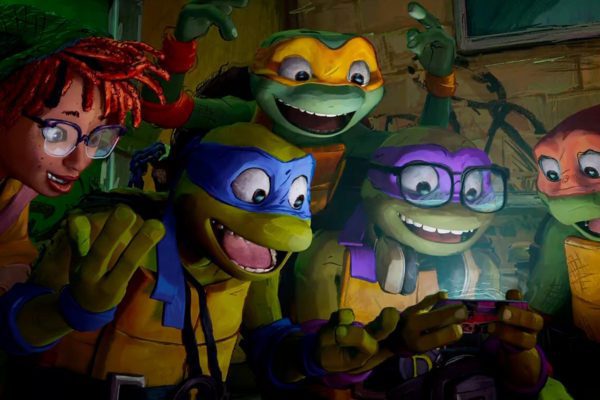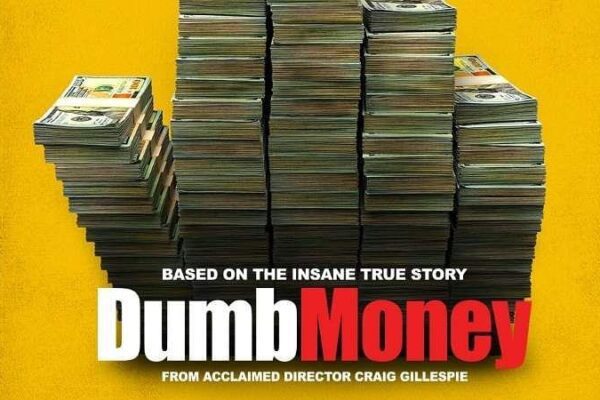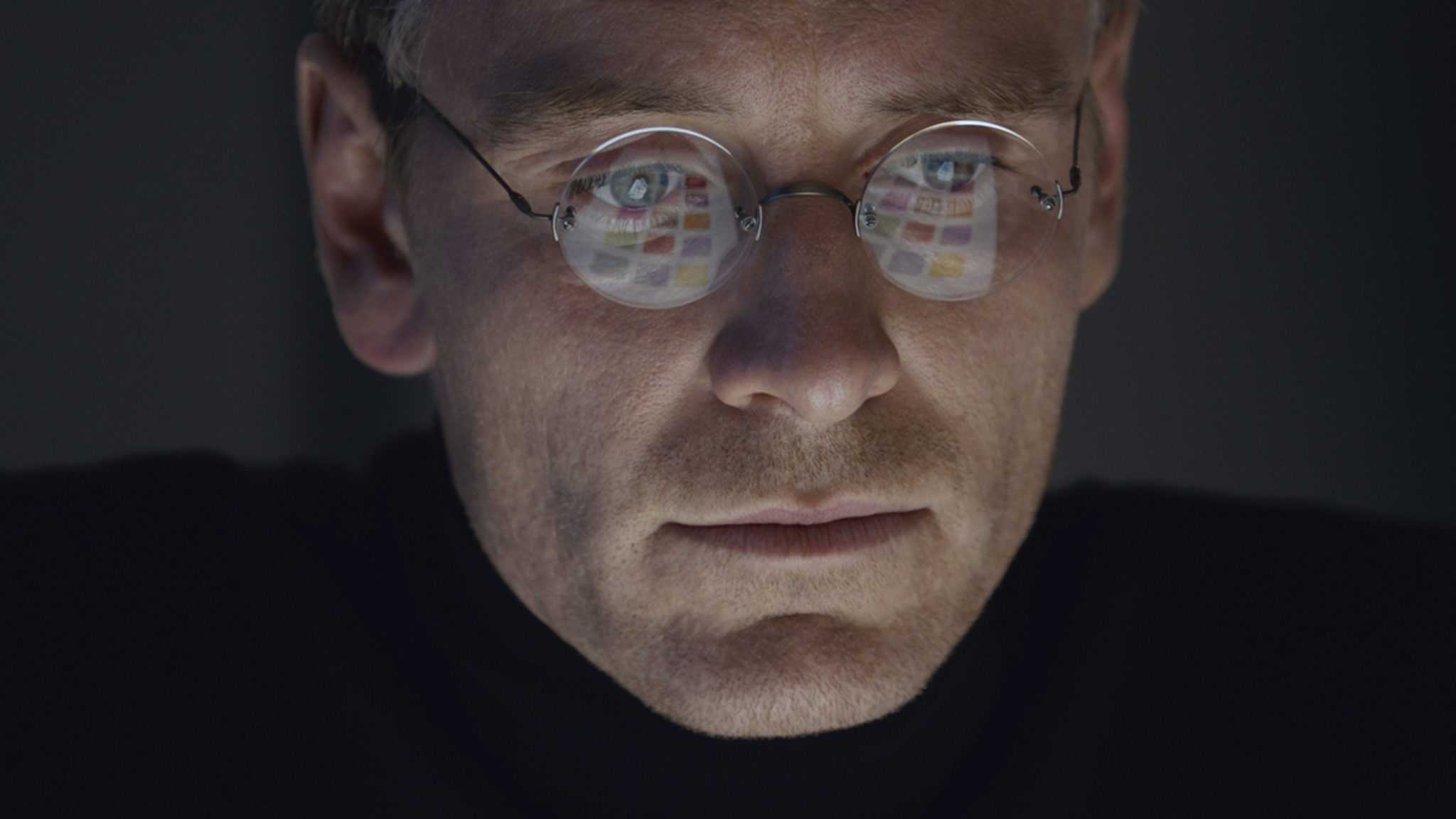
Teenage Mutant Ninja Turtles: Mutant Mayhem – Still Alive and Kicking
Even after over 30 years, it turns out the Teenage Mutant Ninja Turtles are still alive and kicking. Directed by Seth Rogen, Teenage Mutant Ninja Turtles: Mutant Mayhem is an energetic reboot that breathes neon-green life back into the beloved franchise. Funny, fast-paced and furiously animated, Rogen’s vision is a gleeful celebration of youth that pops visually as well….




